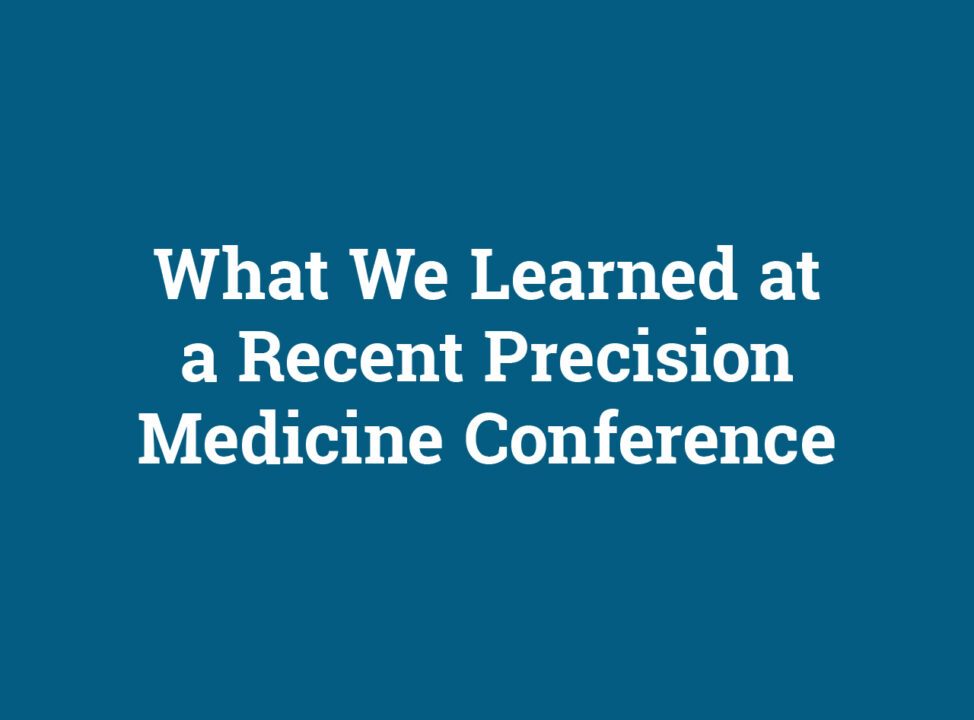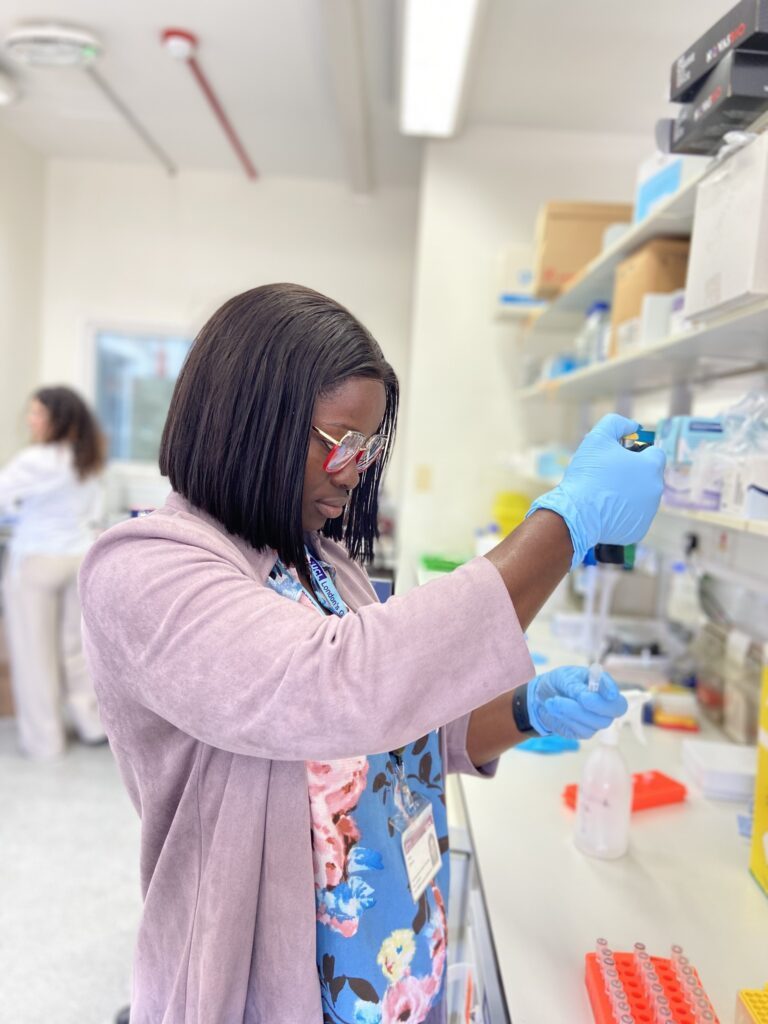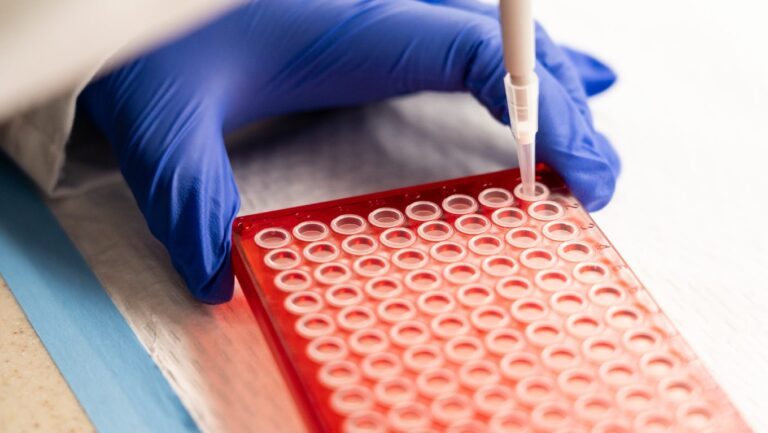Members of the GP2 Trainee Network recently had the opportunity to attend a two-day conference called ‘Precision Medicine in Parkinson’s Disease: past lessons and conquering new frontiers’. The conference centered on work to increase our understanding of Parkinson’s disease (PD) and related disorders around the world.
The conference held talks about the role of alpha-synuclein aggregation and the interaction of LRRK2 with peripheral inflammation. LRRK2 has also been associated with inflammatory bowel disease (IBD), and treatment for IBD includes anti-TNF therapy. It is possible similar anti-inflammatory drugs will one day be used to treat PD. There were also talks about the interaction between genes and environments and their impact on PD. For example, the initial observations of the Genetic Architecture of Parkinson’s Disease India (GAP-India) study found coffee drinking was more common in PD patients than control populations, even though this is usually an inverse association in other disease populations1.
Another theme of the conference focused on genetic diversity and its importance for PD research. The greatest human genetic diversity can be found in Africa. Over thousands of years, people living in Africa have adapted to changing environments. As a result, if we do not include Africa and other underrepresented regions in genetic studies, we will have bias in our understanding of complex diseases.
Dr Andrew Singleton gave a talk on the GP2 initiative, of which I am a part of, that is investigating PD genetics worldwide. To date, researchers can account for about 25% of the heritable component of PD, which emphasises the value of genetic studies, but also highlights that there is still so much more to learn. Dr Singleton further explained how the majority of genetic research is currently completed in patients of Northern European ancestry and there are significant gaps in knowledge and research outside of that population. It was amazing to see how GP2 is working to achieve this crucial genetic diversity. GP2 is collecting genetic data worldwide and this data is accessible on the cloud allowing researchers worldwide to collaborate.
Hearing presentations from young scientists was inspiring, and I am sure other early career researchers felt the same way. The fact that they were provided with the opportunity to present their work in this forum was great.
Overall, the different lectures highlighted the need for transcontinental collaborations. Clinicians and scientists should be trained to conduct genomic research and utilise bioinformatics tools. The way forward should not focus on taking samples or data out of underrepresented regions, but should involve providing a supportive infrastructure which allows scientists from these countries to conduct research themselves.
The ‘Precision Medicine in Parkinson’s Disease: past lessons and conquering new frontiers’ conference was an engaging and informative event. If you have the chance to attend next year, I would definitely recommend it!
References:
- Fall, PA., Fredrikson, M., Axelson, O., Granérus, AK. (1999). Nutritional and occupational factors influencing the risk of Parkinson’s disease: A case-control study in southeastern S. Movement Disorders. 14(1), pp.28-37. [Online]. Available at: https://doi.org/10.1002/1531-8257(199901)14:13.0.CO;2-O [Accessed 8 February 2023].





